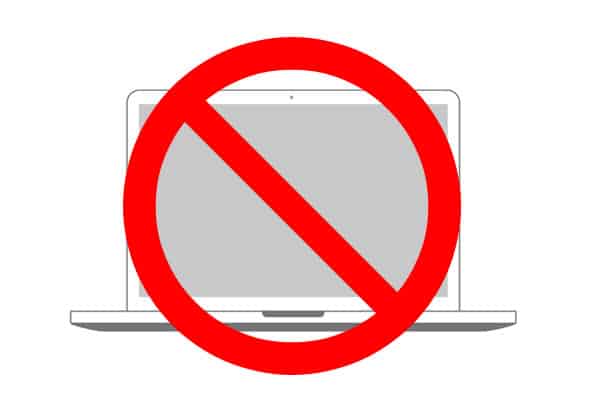
It’s hard to fathom, but recent surveys show that over half of small businesses are operating without websites. Can these establishments thrive in an economy where customers rely on the internet to search for local services?
A 2013 Small Business Sentiment Survey revealed that 52% of small businesses do not have websites, only 6% have mobile-optimized sites and over half do not measure their marketing initiatives.
While there are many reasons for businesses neglecting their online presence, the general sentiment is that owners are mostly concerned with things like attracting new customers, affording health care, providing employee benefits, and keeping current customers.
Traditionally, local businesses and mom and pop shops have used print advertising and word of mouth to generate leads, and simply do not have the time or financial resources to build, maintain and market websites.
Over the past several years; however, small businesses have started using the likes of Yelp, Urban Spoon, Four Square and YellowPages.com to list and promote their establishments.
The ease and convenience of these services has made many owners believe that nothing else is needed to be successful online, and has pushed websites further down the priority list.
So what’s the verdict? Can a small business be truly successful without having a website? Why should an owner dedicate their precious time or resources to creating and maintaining one?
Reasons Why Every Small Business Should Have a Website
1. Reputation Management
Let’s say you’re a busy Auto Body Repair shop relying on Yelp as your main online informational hub. You are largely at the mercy of your customer’s reviews, and they can say anything they want about your business, leaving you relatively powerless.
Having your own website, on the other hand, allows you to present favorable testimonials in written and/or video format, and have full control over the ones that are posted for the world to see. This can help to augment any negative reviews posted on 3rd party sites like Yelp, and restore consumer confidence in your services.
2. Branding
A website allows you to show your personality by creating a look and feel that matches your brand and sets you apart from the competition. A strong visual identity can greatly improve customer perception, and inspire trust and confidence in your business.
3. More Options for Compelling Content
Even the most basic modern websites can easily incorporate features like Blog Articles, Videos, Photo Galleries and Social Media, which do wonders to engage your audience and ensure they remember you.
Also, by creating content focused on your main products or services, you increase the ability to show up in organic search results for related queries.
4. No Reliance on “Rented Land”
Do you really want a 3rd party to be in complete control of your online growth and future? What if Yelp went out of business? What if they change their terms of service and begin charging absorbanant fees for maintaining your listing?
Maintaining your own website gives you peace of mind in knowing that you have full reign over your online business and control your own destiny.
5. Greater Marketing Opportunities
Having a website opens up a wide range of options for marketing a business. For example, SEO and Pay-Per-Click can drive highly qualified visitors to a website, and convert them into customers, while Social Media feeds and sharing tools trigger engagement that facilitates brand loyalty.
Let`s Get
In Touch
Contact us today for a free consultation
and cost estimate for
your project.
We work with companies in all
industries, big or small.
Give Us a Call: 786-529-6039
Services
©2024 FUZE DIGITAL INC. Ignite Your Brand™ | privacy





